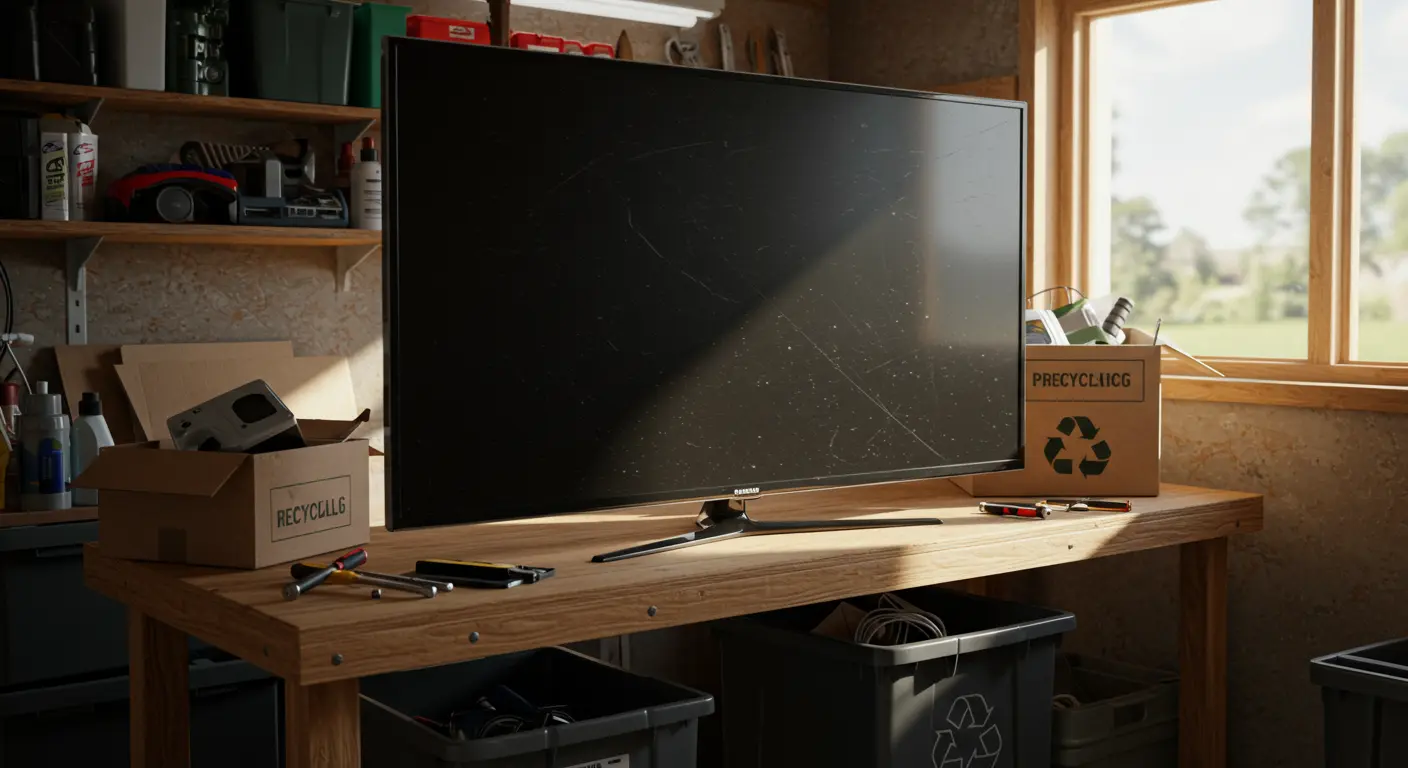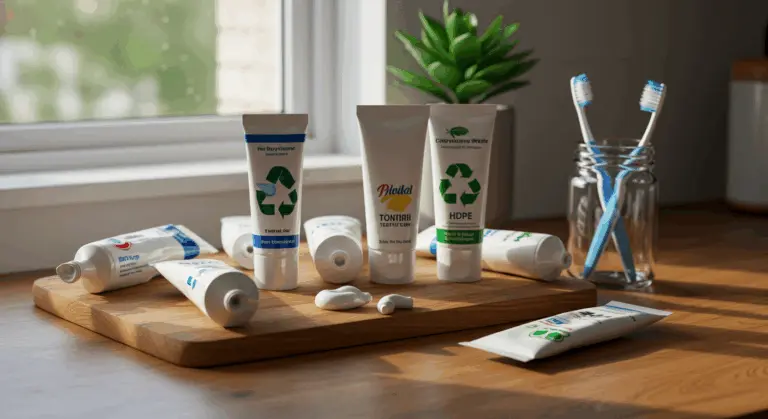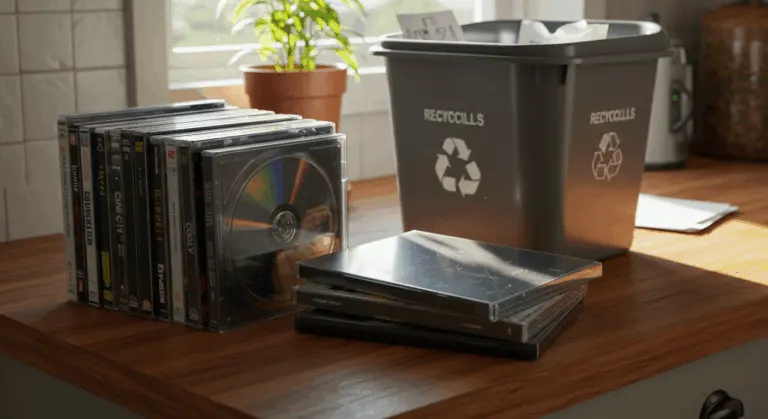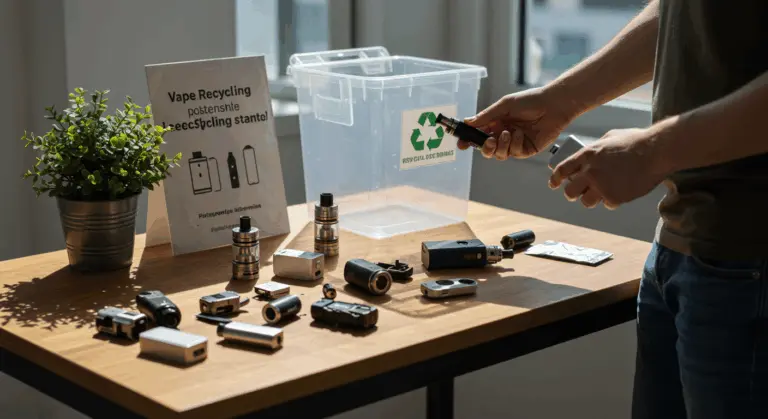Understanding the Importance of Proper TV Disposal
Flat screen TVs have become household staples, yet simply throwing an old one in the trash isn’t just irresponsible—it’s often illegal. These sophisticated devices contain complex materials demanding specialized handling.
Unlike their bulky CRT predecessors, flat screens contain hazardous materials like mercury, lead, and cadmium. When these toxins leach from landfills into soil and groundwater, they create lasting environmental damage and pose serious health risks.
Beyond environmental concerns, improper disposal also wastes valuable resources. TVs are rich sources of valuable materials—copper, aluminum, and precious metals—all waiting to be extracted and reborn in new products. By recycling your TV, you’re not only preventing pollution but also contributing to resource conservation and reducing the need for raw material extraction.
Many regions have enacted strict e-waste regulations, and violating these laws can result in hefty fines. Proper disposal isn’t just an environmental choice—it’s a legal necessity.
Many responsible pathways exist for disposing of your unwanted flat screen TV, including recycling centers and donation programs. The sections ahead will guide you through these options, helping you choose options that benefit both our planet and fellow community members who could give your old television new life.
Recycling Options for Flat Screen TVs
Recycling offers an environmentally responsible solution. Specialized e-waste recycling centers possess the expertise and equipment to safely dismantle TVs, recover valuable materials, and properly contain hazardous components.
Electronics giants like Samsung, LG, and Sony offer comprehensive take-back programs. Companies like Samsung, LG, Sony, and others provide recycling services for their products, sometimes regardless of where you originally purchased the device. A quick visit to the manufacturer’s website or a customer service call will reveal what programs await in your area.
Best Buy leads retail recycling efforts. Most Best Buy locations accept flat screen TVs for recycling (with some size limitations and potential fees for certain items). With their policy of accepting up to three electronics items per household daily, they’ve made responsible disposal remarkably convenient.
Consider your local government’s recycling initiatives. Many cities and counties host regular e-waste collection events or maintain permanent drop-off locations where residents can bring unwanted electronics. Best of all? These programs typically come free to residents, funded through local taxes or manufacturer contributions. Check your municipality’s website or call your local solid waste department for specific information.
Want someone else to handle it? Professional junk removal services like 1-800-GOT-JUNK? Will collect your TV and ensure it reaches proper recycling facilities rather than ending up in a landfill.
Before sending your TV off to recycling, disconnect all power cords and cables—and don’t forget to include them, since they contain valuable copper. Note that some programs charge modest fees, especially for oversized TVs or convenient home pickup services.
How to Find a Recycling Center Near You
-
Online Directories: Use comprehensive tools like Earth911.com or Recycle Nation to find local facilities by ZIP code. These sites provide details on accepted items, hours, and potential fees.
-
Local Government Websites: Check your city or county’s public works or waste management department website for information on permanent drop-off locations and scheduled e-waste collection events.
-
Town or City Hall: If you cannot find information online, your local municipal office can direct you to certified recyclers or inform you about upcoming collection events.
-
General Tip: Always call a facility beforehand to confirm its hours, fees, and specific requirements for TV disposal, as policies can change.
Donating or Selling Your Old Flat Screen TV
Does your flat screen TV still deliver crisp images and clear sound? Donating or selling it makes a great alternative to recycling. This approach extends your television’s lifespan while ensuring someone else benefits—all while keeping it completely out of the waste stream.
eBay, Craigslist, and Facebook Marketplace offer powerful platforms for reaching potential buyers. Good results depend on clear photos, precise specifications—screen size, model number—and highlighting any included accessories.
Yard sales present another local selling opportunity, without shipping hassles. This option works particularly well if you’re already planning to sell other household items. While profits may be lower than online sales, transactions happen instantly without packaging or shipping complications.
If you’d rather help others than make money, consider donating. Charities like Goodwill and The Salvation Army, as well as local schools or community centers, often accept working televisions. Always call ahead—acceptance policies vary.
Many retailers now have trade-in programs, converting your old TV into store credit for new purchases. Best Buy, for example, has a trade-in program where you can receive gift cards for qualifying electronics. Though values typically fall short of private sales, the convenience and instant credit make this appealing when upgrading equipment.
Preparing Your TV for Donation or Sale
Proper preparation makes the process smooth while safeguarding your personal information. Begin with a factory reset on smart TVs, wiping away personal accounts, Wi-Fi passwords, and streaming logins. Your privacy depends on it.
Find every original accessory. The remote control, power cord, stand or base, user manual, and any specialty cables make it more valuable and useful. Lost the original remote? An inexpensive universal replacement transforms your TV from frustrating to functional for its next owner.
Give the television a thorough cleaning with a microfiber cloth and appropriate electronics cleaner. A pristine, well-presented TV shows you care and creates a good impression.
Sellers should capture clear, well-lit photographs from multiple angles—screen both off and displaying content. Honesty about scratches or imperfections helps build trust. Craft detailed descriptions featuring model numbers, screen size, resolution, connectivity options, and manufacturing dates. If possible, test all inputs and functions to accurately represent the TV’s condition in your listing.
Before donating, contact organizations to confirm TV acceptance and understand their specific requirements. Some charities may request proof that the TV works, while others might need certain documentation. Inquire about pickup services—larger models can prove surprisingly unwieldy to transport.
Using Junk Removal Services for Electronics
Want maximum convenience? Professional junk removal services provide easy solutions. These companies handle the entire process, from pickup to ensuring your TV reaches a certified e-waste recycler.
Choose services specializing in electronics recycling with documented responsible practices. Many national chains like 1-800-GOT-JUNK?, College Hunks Hauling Junk, and Junk King specifically market their electronics disposal services and maintain partnerships with certified recycling facilities. Before scheduling, ask about their recycling process and environmental certifications—transparency matters.
Costs vary widely across services. Pricing typically depends on factors such as the size and weight of your TV, your location, and whether you’re disposing of additional items simultaneously. While some companies charge by volume or weight, others offer flat rates for electronics disposal. While pricier than free municipal programs, many customers gladly pay for convenience—particularly when dealing with oversized TVs or multiple items.
The main advantage is convenience. Technicians handle everything from your doorstep—perfect for those with mobility challenges, transportation limitations, or packed schedules. Reputable services also provide peace of mind that your TV was recycled properly.
Prepare for the team’s arrival by disconnecting cables, removing mounting hardware, and factory-resetting smart TVs to protect personal data. Some services may offer discounts if you bring the item to the curb yourself, so inquire about such options when requesting a quote. Ask about real-time tracking or appointment windows—nobody enjoys waiting around all day.
Environmental Impact of Improper TV Disposal
Improperly discarded flat screen TVs unleash significant environmental threats, as their hazardous materials gradually leach from landfills into surrounding soil and groundwater systems.
As flat screen TVs decompose in landfills, heavy metals like mercury and lead slowly breach their containment. These toxins can contaminate local water supplies, affecting drinking water sources for both humans and wildlife. Here’s a striking example: one improperly disposed TV can contaminate up to 80,000 gallons of water with lead alone. This contamination enters the food chain when consumed by aquatic organisms, eventually making its way to larger animals and potentially humans, causing bioaccumulation of these harmful substances.
Water pollution is only part of the problem. As TVs decompose in landfills, they release volatile organic compounds (VOCs) and other airborne toxins that contribute to air pollution. Even worse, unregulated disposal operations sometimes burn e-waste, releasing dioxins, furans, and other carcinogens into our atmosphere. These pollutants can travel long distances, affecting communities far from the original disposal site and contributing to respiratory issues and other health problems.
There’s also resource waste—valuable copper, aluminum, and precious metals vanish when they could be reclaimed. Recycling these components reduces the environmental damage caused by mining for new resources.
Vulnerable communities suffer the most of improper TV disposal. In many cases, e-waste is shipped to developing nations where regulations are less stringent and proper handling protocols may not exist. Workers—tragically, often children—face dangerous chemical exposure while extracting valuable components in these informal operations. This creates not only an environmental justice issue but also a global public health concern that extends far beyond the original point of disposal.
Conclusion: Making Responsible Choices for TV Disposal
Responsible disposal requires thoughtful action for proper flat screen TV disposal. By choosing a proper disposal method, you become part of the solution to the growing e-waste crisis.
Your best options? Certified e-waste recycling or extending the TV’s life through donation or sale. When convenience matters, reputable junk removal services offer equally responsible solutions.
Our electronics disposal choices reflect our commitment to the environment. Through responsible TV disposal, we conserve precious resources, prevent pollution, and safeguard our planet for generations to come.




